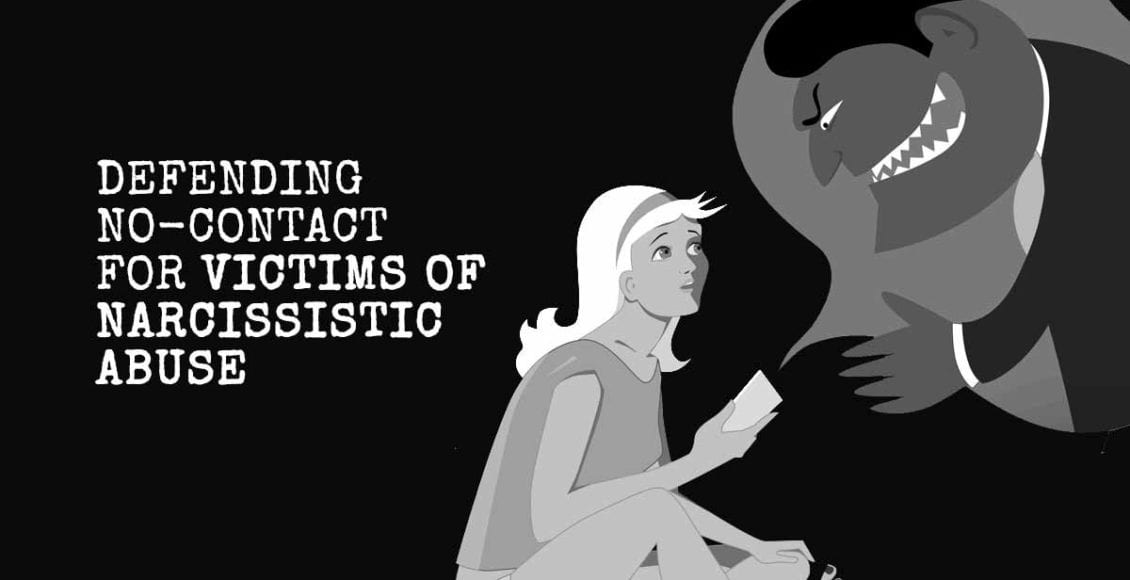How would you feel if your family member or close family friend suddenly drove an axe into your face, leaving you permanently brain-damaged and with lifelong scarring? Do you think you might seek to protect yourself from them in the future? Do you think it would make sense to your partner, your friends, the rest of your family, why you chose to no longer engage with that person?
It doesn’t take a genius to answer, to those questions, in order: terrified/hurt/abused/WHY? yes, and yes. Of course you would take steps to protect yourself from someone in that situation. But you have something on your side that victims of narcissism don’t, and that’s the legal system. It’s pretty much a 95% or higher guarantee that your axe-wielding compadre is going to go to prison for their assault upon you.
The problem with attacks from narcissism is that they don’t necessarily leave physical marks, and even in they do, the mental and emotional trauma that their victims are put through cannot begin to be accurately described and can be often more severe than a physical injury.
Victims of narcissists who are able to realize that they have been under the influence, and abuse, of a narcissist their entire lives, often decide that it’s in their own best interests to establish a strict No-Contact policy with the narcissist.
Then the problem becomes the do-gooder. The do-gooder is a person who decides to take it upon themselves and try to repair the relationship between the narcissist and their victim. They’ll employ many techniques, from shame to fear to blame to guilt to emotional appeals to you name it. They don’t understand that no-contact means no-contact forever, and they try to make you feel like the bad guy.
Don’t buy it for a second. That axe is still there, just waiting for you to come back. You don’t have to try to reason with the do-gooders at all, you can completely ignore them if you’d like, or if you want to be very kind, you can say, “I don’t think we’re going to see eye-to-eye on this. Thank you for your concern.” and leave it at that.
Lots of people will say “Well you have to listen to your Auntie Gladys or else she’ll…” blah blah blah blah blah. Listen to me. The only person you have to take care of is yourself. If your family can’t understand that, you may want to excuse yourself from their presence and return perhaps once the subject has been changed.
And if someone really, truly, genuinely wants to know what it was like?
If they’re worried that they’re dealing with a narcissist or someone they love is?
By all means, open up to them. They may become a true friend but, in the meantime, you can share your experience…and perhaps in doing so, help another victim.



